Rahat e Jan is a non-alcoholic concentrated squash made with fruits, herbs and vegetable extracts. It was formulated by our honorable food experts in 2006 in Lahore and manufactured in our Lahore plants. The specific Unani recipe of Rahat E Jan combines several of popularly-believed cooling agents, like rose, and used as remedy for Loo (hot summer winds). It is sold commercially as a syrup to flavor sherbets, cold milk drinks, ices and cold desserts, such as the popular falooda.
Its original formulation included.
- Herbs: purslane ("Khurfa seeds", Portulaca oleracea), Chicory, wine-grape raisins (Vitis vinifera), European white lily (Nymphaea alba, blue star water lily (Nymphaea nouchali), lotus (Nelumbo), Borage and Coriander
- Fruits: orange, citron, pineapple, apple, berries, strawberry, raspberry, loganberry, blackberry, cherry, concord grapes, blackcurrant and watermelon
- Vegetables: spinach, carrot, mint and mướp hương (Luffa aegyptiaca)
- Flowers: rose, keora (Pandanus fascicularis), lemon and orange
- Roots: vetiver (Chrysopogon zizanioides)
Original preparation
- 1 glass cold milk
- 2 tablespoons Rahat E Jan
- 2 ice cubes
- 1 spoonful sugar
- 50 ml milk
- 1 teaspoon cinnamon
Other preparation
Rahat E Jan, the concentrate is generally served mixed with cold milk and ice, the closest western equivalent is strawberry milk. Rahat E Jan is often made in preparation, part of Iftar, the evening meals for breaking the fast (roza), during Ramadan, the holy month of fasting for Muslims. The concentrate can also be mixed with water, which is a common preparation in the hot Indian summer. When mixed with water, the final drink is a type of Sharbat. Rooh Afza syrup is often mixed with Kulfi Ice cream, and vermicelli noodles to make the Indian version of the popular Iranian desert Falooda.


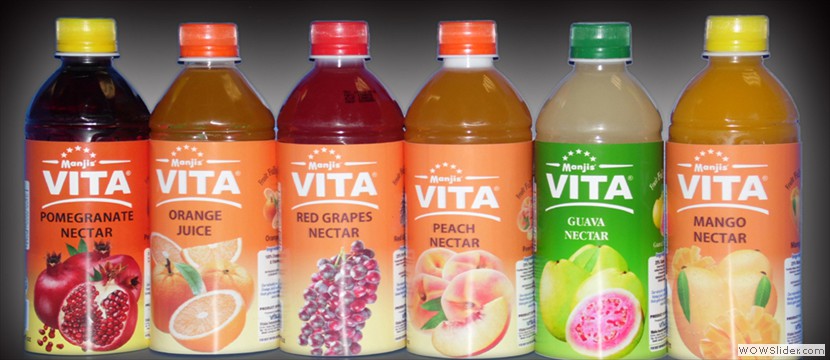

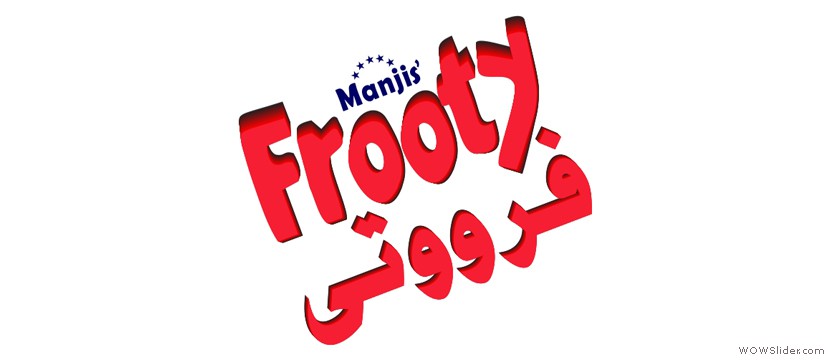
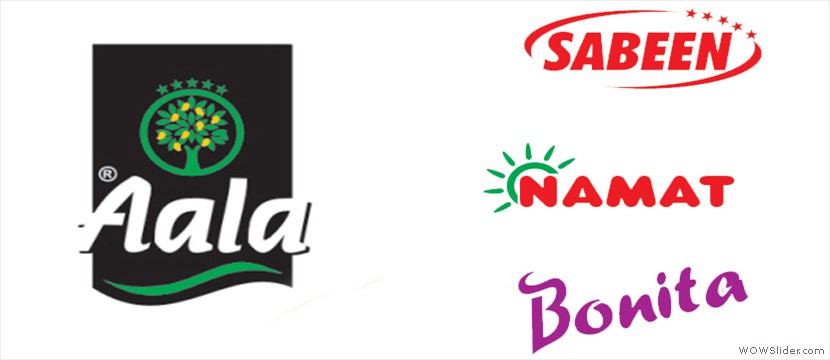

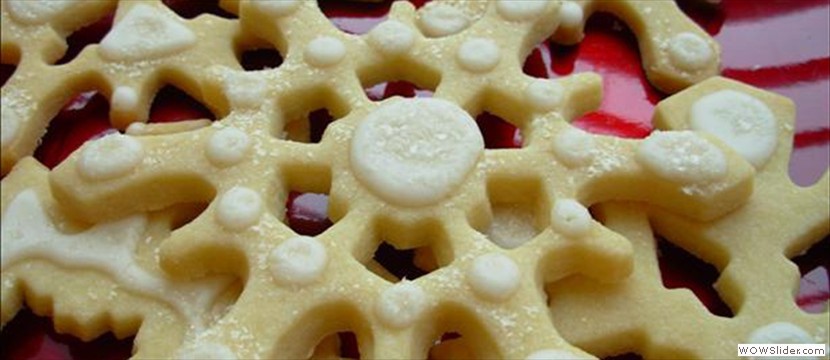
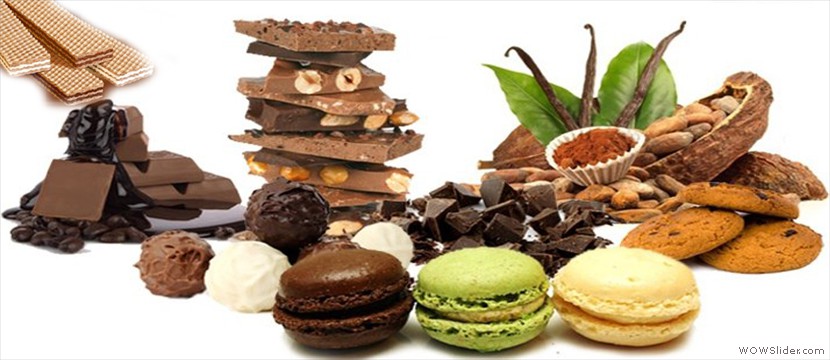
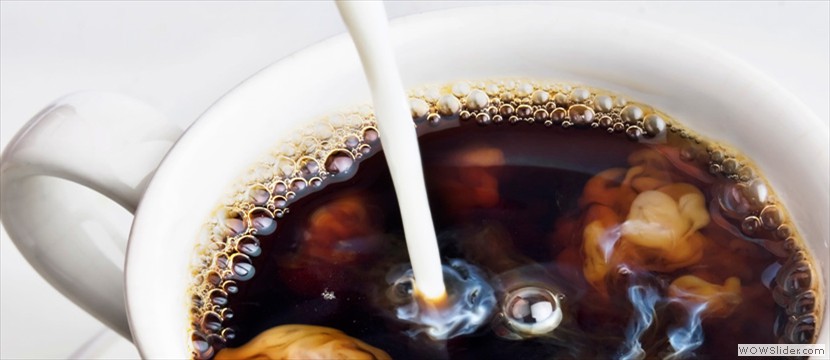
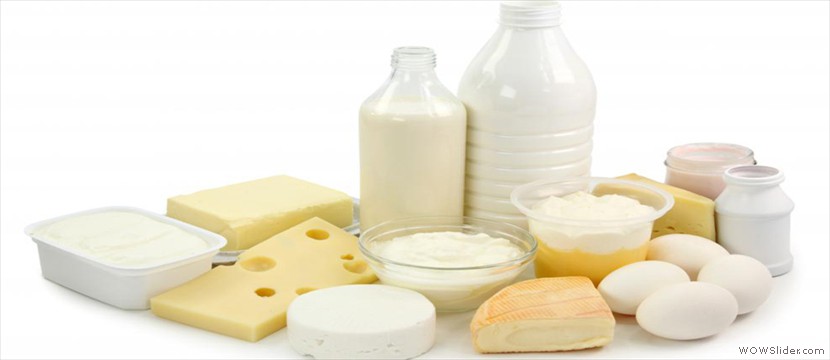
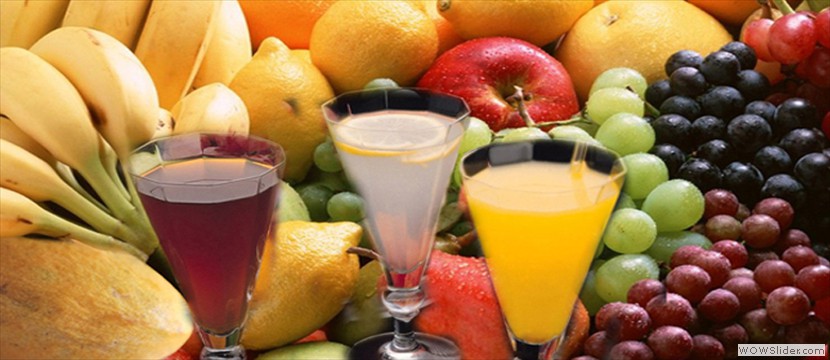
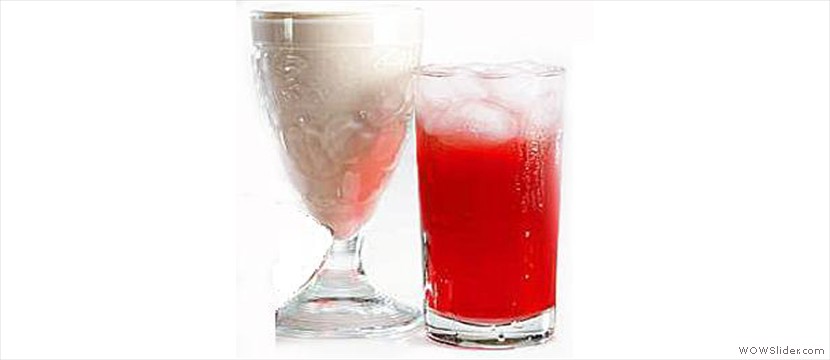
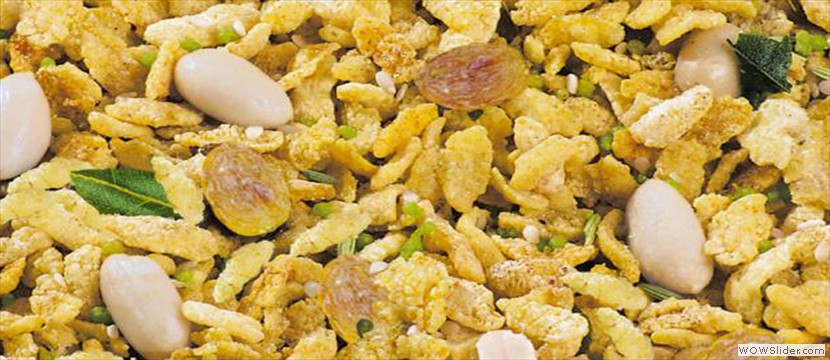
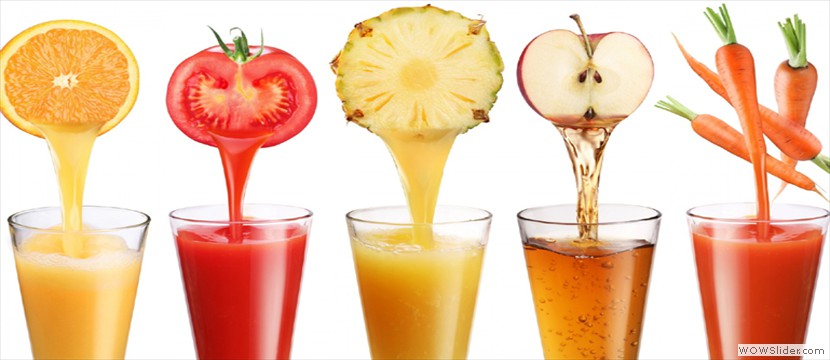
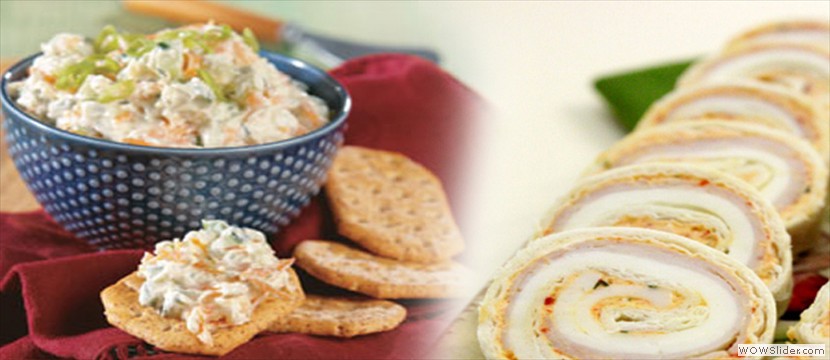

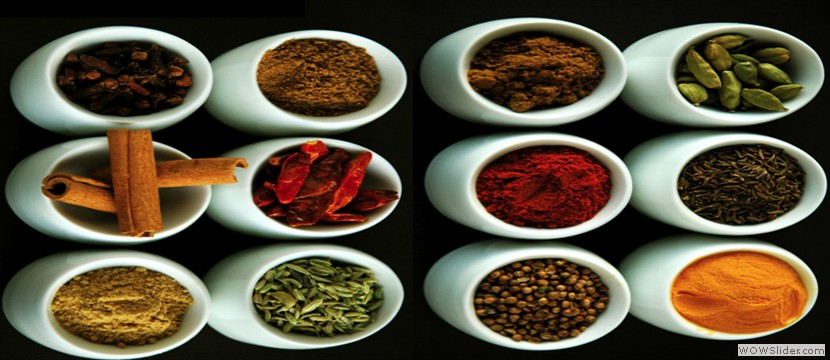

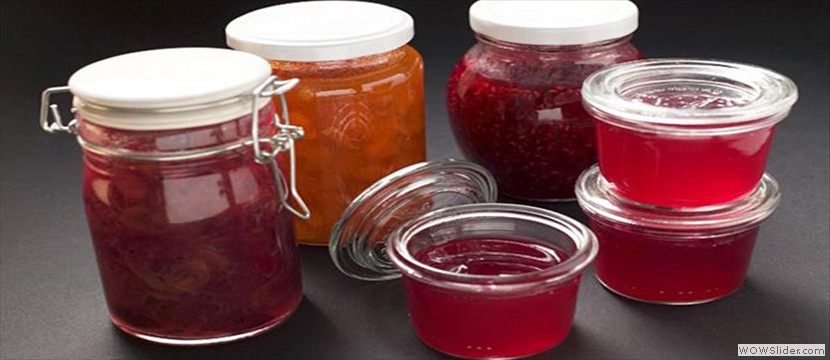
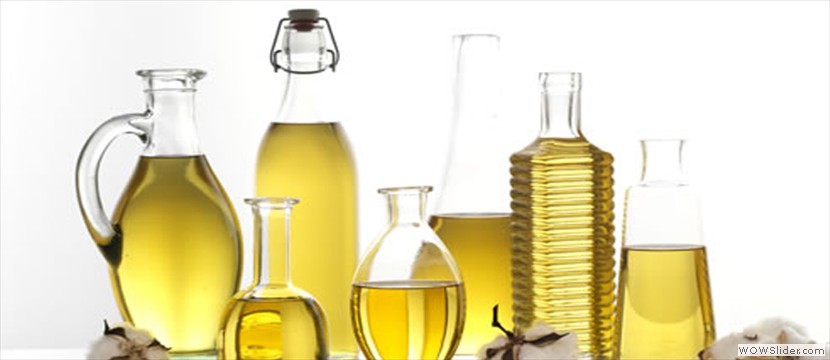
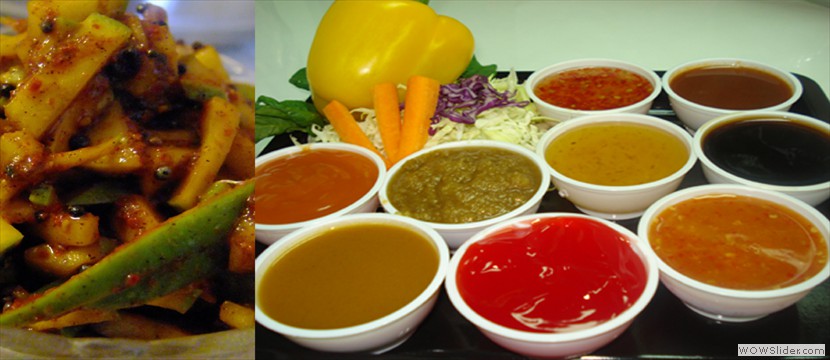
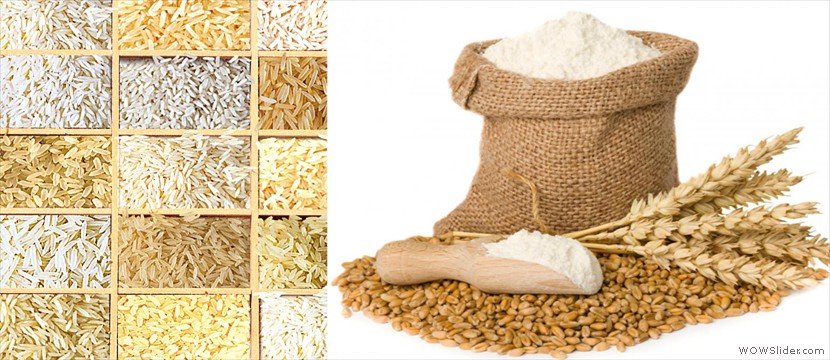
 1
1 2
2 3
3 4
4 5
5 6
6 7
7 8
8 9
9 10
10 11
11 12
12 13
13 14
14 15
15 16
16 17
17 18
18 19
19 20
20 21
21 22
22